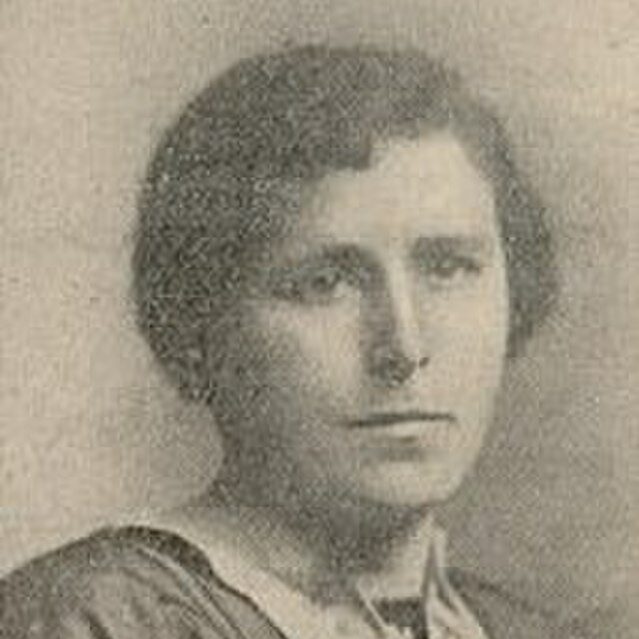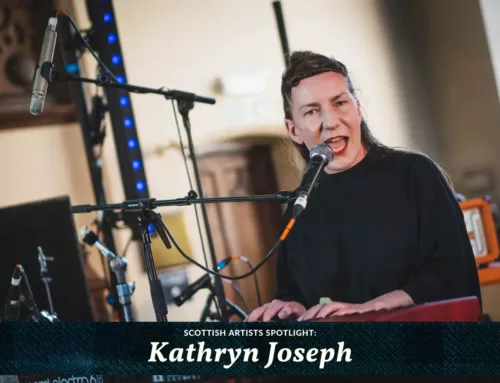Mary Barbour, a Scottish social activist and suffragist, gained fame for leading the Glasgow rent strikes of 1915. Born on February 22, 1875, in Kilbarchan, Renfrewshire, Scotland, Barbour grew up in a working-class family. Her father worked as a calico printer, while her mother made a living as a weaver. Barbour’s upbringing in a working-class environment greatly influenced her later advocacy for social justice and a fair treatment of the working class.
During World War I, Glasgow faced severe housing shortages and escalating rents due to the high demand for accommodation from munitions workers and soldiers. To exacerbate the situation, landlords started raising rents considerably. In response, Mary Barbour emerged as a prominent leader of a movement that protested against these exorbitant rent increases. Her exceptional ability to mobilise communities and unite them for a common cause made her a key figure in organising a series of successful rent strikes and demonstrations, which brought attention to the housing crisis and led to substantial changes.
Co-founding the Glasgow Women’s Housing Association, Barbour played a pivotal role in organising the rent strikes. Her strong organisational skills allowed her to bring people together. Moreover she effectively used her influence to fight for social justice. As a result, the rent strikes led to the implementation of the “Rent Restriction Act” in 1915. This helped prevent unjust rent increases and provided some stability for working-class families during a tumultuous time.
Mary Barbour’s leadership during the rent strikes earned her a reputation as a champion of social justice and the working class. Her efforts also contributed to the growth of women’s activism. Additionally, it highlighted the importance of women’s contributions to social and political change. In addition to being a suffragist, she worked alongside other women’s rights advocates to promote gender equality.
Barbour’s legacy is celebrated for her dedication to the betterment of society. Additionally she is lauded for her role in empowering working-class communities to stand up against injustice. In recent years, efforts have been made to honour her memory. These include naming housing projects and public spaces after her. Even today, Mary Barbour’s contributions continue to inspire social activists and advocates for human rights around the world.
Mary Barbour’s remarkable ability to mobilise communities and her unwavering commitment to social justice have left an indelible mark on history. Her actions serve as a reminder of the power of ordinary individuals to effect change and amplify the voices of the marginalised. Mary Barbour’s legacy serves as an inspiration to countless people striving for a more just and equitable society.
Are you looking for a great night out in London? click here
Interested in whisky? Find out more about the Scotch Malt Whisky 101 course – click here
If you are looking to workout to Ceilidh music and moves then click here







